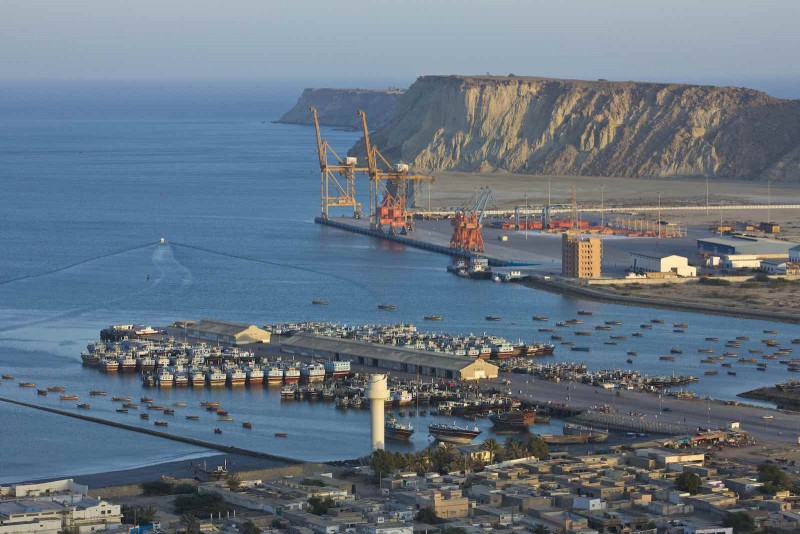
New Delhi: The transformation of Gwadar from a quaint fishing village to a bustling port city is a tale intertwined with geopolitics and missed opportunities. Once a sleepy town under Omani rule, Gwadar now stands as Pakistan's third-largest port, a testament to the evolving dynamics of the region.
Historically, Gwadar was part of the Sultanate of Oman for nearly two centuries until the 1950s when it came into Pakistani possession. Interestingly, before becoming part of Pakistan, Gwadar was offered to India, a move declined by Prime Minister Jawaharlal Nehru.
The saga of Gwadar's ownership raises intriguing questions about its journey and potential alternative realities. How did a small fishing village fall under Omani rule? Why did India reject the offer to acquire Gwadar? And what if India had accepted the offer in 1956?
The Origin of Gwadar's Ownership
Gwadar's history dates back to 1783 when the Khan of Kalat gifted the area to the Sultan of Oman. This gesture was part of an understanding that if the Sultan ascended the throne of Oman, he would return Gwadar to the Khan. However, this promise was never fulfilled, leading to tensions between the two entities.
Over the years, there were attempts by both the Khan of Kalat and the British government to purchase Gwadar from the Omanis, but these efforts remained inconclusive. Despite negotiations, Gwadar remained under Omani control, serving as a base for maritime activities in the region.
The Offer to India and Its Rejection
In 1956, the Sultan of Oman offered to sell Gwadar to India, a proposition that could have altered the course of history in South Asia. However, Prime Minister Nehru decided against accepting the offer, a decision influenced by strategic considerations.
The rejection of the offer was not solely Nehru's decision but was guided by recommendations from top officials, including the Foreign Secretary and the Intelligence Bureau chief. The prevailing geopolitical climate and logistical challenges associated with defending Gwadar were key factors in this decision-making process.
Impact and Significance of Gwadar
While the rejection of Gwadar may seem like a missed opportunity in hindsight, its strategic significance and practical challenges cannot be overlooked. Situated on the Makran coast of Balochistan, Gwadar's geography presents both opportunities and vulnerabilities.
Despite its potential as a strategic outpost, Gwadar's isolation and logistical constraints would have posed challenges for any occupying force. Moreover, its acquisition would have strained India's relations with Pakistan, hindering efforts for regional stability.
Today, Gwadar remains a focal point of global interest, particularly due to its role in the China-Pakistan Economic Corridor (CPEC). As part of China's Belt and Road Initiative, Gwadar has emerged as a linchpin in regional connectivity and economic development.
Looking back, the decision to decline the offer for Gwadar may have been a pragmatic choice given the complexities of the time. While the port city continues to shape regional dynamics, its untapped potential and historical intrigue remind us of the intricate webs of diplomacy and geopolitics in South Asia.
Former Diplomat Taranjit Singh Sandhu Faces Farmer Protest in Amritsar
Congress Chief Mallikarjun Kharge Highlights Unemployment Concern in Lok Sabha Elections
Congress Accuses NDA of Horse Trading Ahead of PM Modi's Bihar Visit